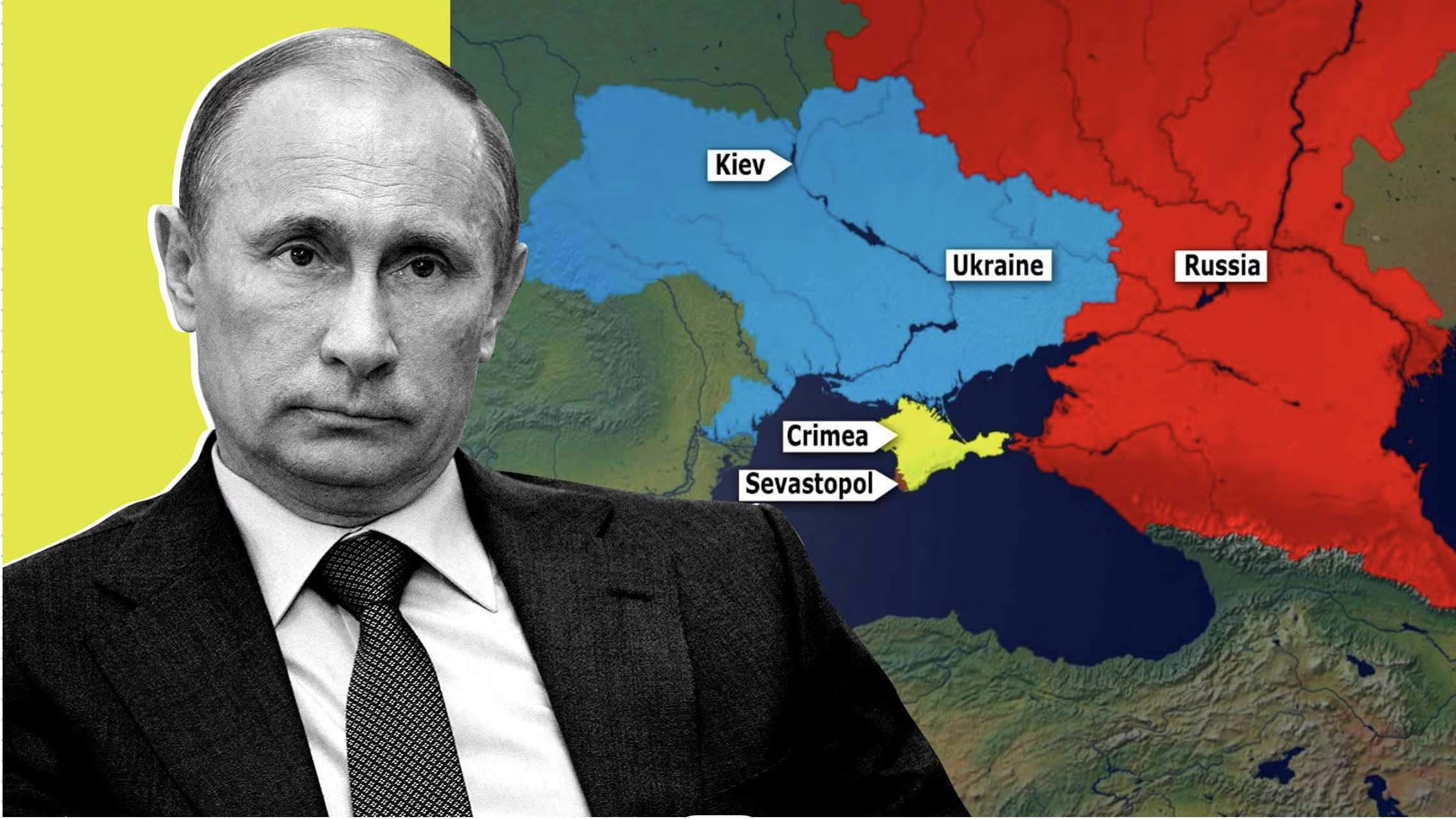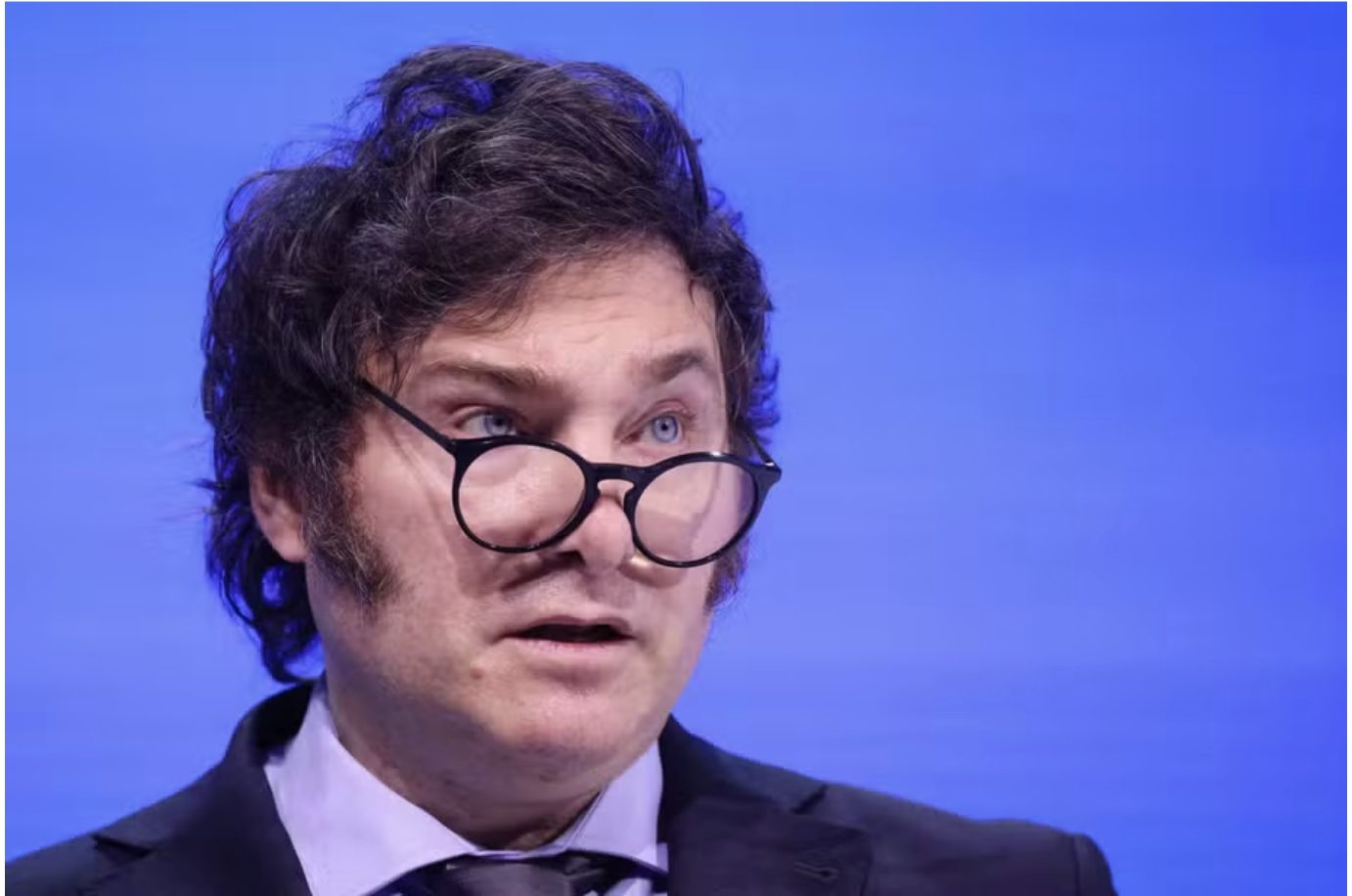Venezuelan President Nicolás Maduro is appealing to his friend, Russian President Vladimir Putin, for support in trying to quash opposition to the results of his presidential election, which most outside observers have said was rigged.Maduro’s victory claim has incited several protests across the country that brought about 2,200 arrests of people, including opposition figures and journalists.
Against that backdrop, Putin has deployed his Baltic Fleet to a port near Caracas, as opposition politicians call on members of the military and security forces to respect the will of the people.
The security forces have remained staunchly loyal to Maduro and show no sign of backing down. Ukrainian President Volodymyr Zelenskyy recently took to X social media to say, “Worrying reports of Russian Wagner mercenaries being spotted in Venezuela alongside government forces.”
Putin made a call to Maduro congratulating him on the victory and invited him to the next BRICS meeting, set for October in Russia. Analysts say Russia’s intervention in Venezuela’s crisis is just one red flag for the U.S., as Putin looks to prop up authoritarian allies in opposition to Western Hemisphere policies.
“Russia’s involvement in Venezuela is troubling for both the Venezuelan people and the United States,” Jorge Jraissati, Venezuelan foreign policy expert and president of the Economic Inclusion Group, he said. “If Venezuela becomes a military hub for powers like Iran and Russia, the region will become more unstable and autocratic. This is bad for business, human rights, and security,” Jraissati added. However, he also states that the overall trend of a gradual increase in the Wagner Group’s presence in Venezuela indicates how deeply Russian military contractors have become involved in everything from protecting Maduro to corporate intelligence gathering.
According to Ariel Gonzalez Levaggi, a senior associate at the Center for Strategic and International Studies Americas Program, Wagner mercenaries made appearances in Venezuela during the last presidential crisis of 2019 and are on the ground to help improve presidential security and train special military forces,” But to be clear, in the 2019 crisis during which the opposition-controlled National Assembly had refused to recognize Maduro’s victory, and opposition leader Juan Guaidó declared himself acting president, Russia sent those S-300 Air Defense Systems. Meanwhile, the same systems were provided to help keep Bashar al-Assad in power in Syria.
He notes that even with the demise of Wagner leader Yevgeny Prigozhin in 2023, the group still “represents a threat to the region, since not only is it used as a tool of military influence by Moscow but also allows for the extension of authoritarian governments in the region. Maduro has been in power since 2013 when Hugo Chávez died and was seeking a third six-year term. He announced he had won on July 28 but has yet to give data from the vote that would show he had won. The government-backed National Electoral Council said Maduro won with 6.4 million votes, and Gonzalez won 5.3 million.


